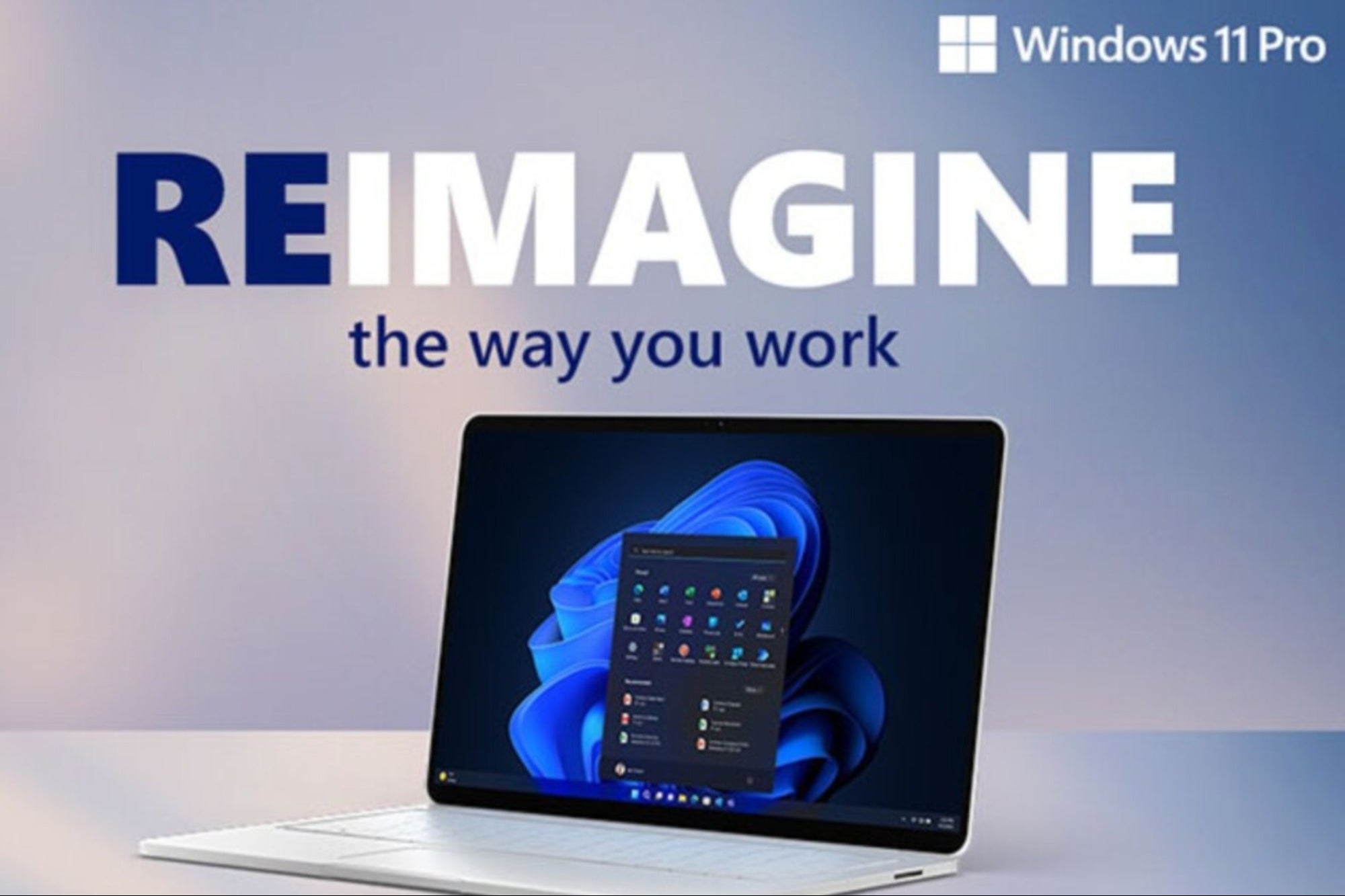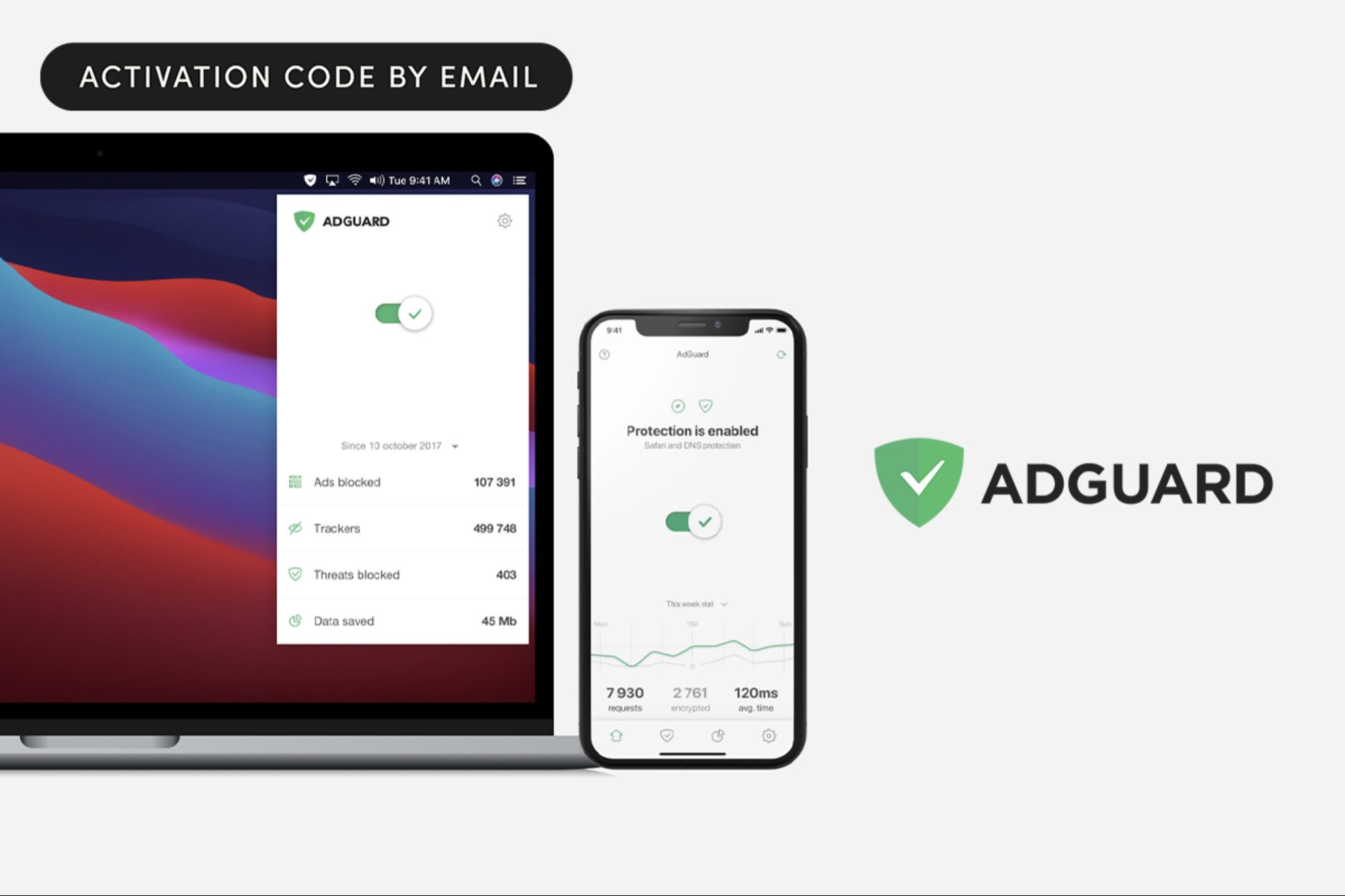How an Engineer's Desire to Keep His Keys Organized Led to a Business Here are the five steps Michel Tunney used to take his idea from a Kickstarter campaign to retail stores.
This story appears in the February 2016 issue of BIZ Experiences. Subscribe »

Michael Tunney used to keep a small key ring in his pocket, but he hated how the jagged metal kept jabbing his leg. One night, as he was perched on a barstool, the then-twenty-something noticed a long line of keys sitting on top of the bar. "Obviously," he thought, "I'm not the only one dealing with this issue." That insight led him to invent a new way to store keys: It's called KeySmart, a stack that looks like a Swiss Army knife, which he now makes as CEO of a 10-person company. Here's how he got from the bar to the biz.
Step 1: Develop a prototype.
Tunney was a robotics engineer in the automotive industry and knew all about prototyping. So he designed the first iteration of the KeySmart just for himself. A friend suggested he put it on Kickstarter, and in 2013 he did -- asking for a modest $6,000. Instead, he raised $330,000. Two months later, he quit his job and began working full time on KeySmart in his basement.
Step 2: Listen to feedback.
His Kickstarter backers provided lots of advice, and Tunney took much of it -- changing key details (the sizing, edges and finishes) and increasing the number of keys it can accommodate (from four to 100, with an expander). "When it's your baby, everything looks good," he says. "But it's nice to have really critical people because things can always be better. It creates a state of constant improvement."
Step 3: Spend what you need.
Tunney built his product with aircraft-grade aluminum, titanium and stainless steel -- ideal for strength, aesthetics and durability. As demand grew, he had a choice: Spend more upfront to stockpile materials, or start buying cheaper stuff. The second option "would make things easier, but it would be a very short-term solution and a long-term loss," he says. So he began pre-buying the more expensive metals -- first two months' worth, and then six -- to ensure no hiccups in supply. He eventually upped the company's on-hand inventory to 10 weeks' worth of materials.
Step 4: Be patient.
KeySmart began as a kooky internet product, but Tunney strived to get it mainstream exposure -- meeting with large retailers and always looking for new types of customers. After about three years of this, KeySmart's distribution network exploded: It now includes large chains (Walmart, Sears), niche retailers (Pep Boys, Badass Outdoors), and even computer stores and jewelers.
Step 5: Expand.
Tunney first created add-ons to key stacks, such as a USB drive and bottle opener. But now he's in full experimentation mode, prototyping with 3D printing equipment and looking for new ways to leverage the retail relationships he's built. Last fall, KeySmart launched a group of new products, including the KeyCatch, a magnetic key hanger. Several luxury jewelers are licensing his patents to create high-end, bejeweled versions of KeySmarts, made with precious metals. It's a new market he's just begun to unlock.










